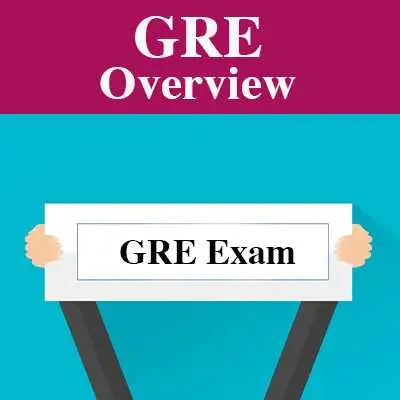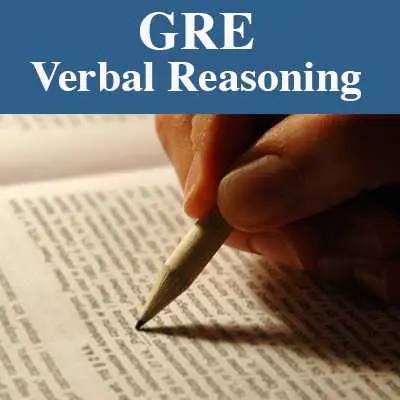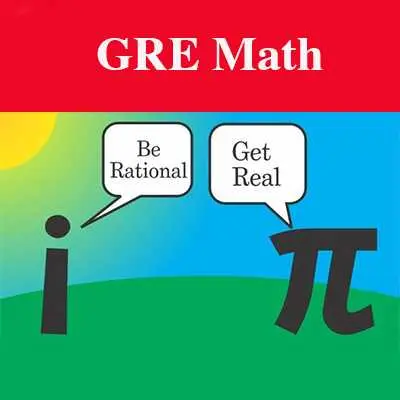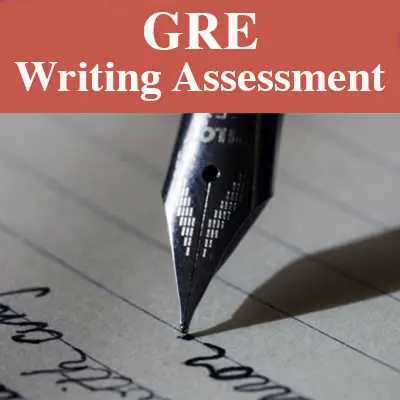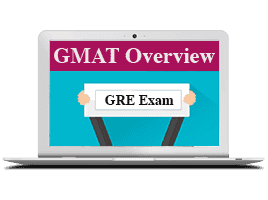
The GRE Exam
The overall testing time for the computer-delivered GRE® General Test is about three hours and 45 minutes. There are six sections with a 10-minute break following the third section. The GRE Test consists of two written essays and 58 questions. The revised GRE features:
i. A new test-taker-friendly design for the computer-based test that lets you edit or change your answers, skip questions, and more, all within a section.
ii. An on-screen calculator.
iii. New types of questions in the Verbal Reasoning and Quantitative Reasoning sections, many featuring real-life scenarios that reflect the thinking you'll do in today's demanding graduate and business school programs.
The GRE General Test contains three separate test areas:
i. Verbal Reasoning Section,
ii. Quantitative Section,
iii. Analytical Writing Section.
Click the links above to learn more about each section.
GRE Scores
GRE Test scores range from 130 to 170 for the verbal and quantitative sections. The GRE analytical writing section is scored on a 0 to 6 scale. GRE tests all provide the ScoreSelect® option, which means you can take a GRE test once now or again in the future and only send the GRE test scores from whichever test date(s) you want schools to see.
Best of all, you always have five years to decide. You can also resit the test once every 21 days, up to
Verbal Reasoning Section of the GRE
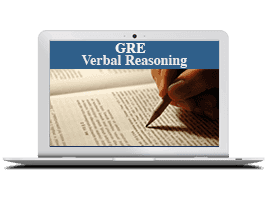
The Verbal Reasoning section of the GRE test last 30 minutes and has two sections, each containing 20 multiple-choice questions. There are three types of questions in this section.
i. Reading Comprehension
The Reading Comprehension questions are designed to test a wide range of abilities that are required to read and understand the kinds of prose commonly encountered in graduate school.
ii. Text Completion
The Text Completion questions omit crucial words from short passages and ask the test taker to use the remaining information in the passage as a basis for selecting words or short phrases to fill the blanks and create a coherent, meaningful whole.
iii. Sentence Equivalence
The Sentence Equivalence questions consist of a single sentence with just one blank, and they ask you.
Qualitative Reasoning Section of the GRE
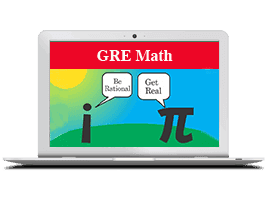
The Qualitative Reasoning section of the GRE has two sections, each lasting 35 minutes per section and containing 20 multiple-choice questions per section. Each question appears independently as a discrete question or part of a set of questions called a Data Interpretation set. All of the questions in a Data Interpretation set are based on the same data presented in tables, graphs, or other data displays.
You can use a basic calculator on the Quantitative Reasoning measure. For the computer-based test, the calculator is provided on-screen. A handheld calculator is provided at the test center for the paper-based test.
There are four types of questions:
1. Quantitative Comparison
The Quantitative Comparison
questions ask you to compare two quantities -Quantity A and Quantity B - and then determine which of the following statements describes the comparison:
i. Quantity A is greater.
ii. Quantity B is greater.
iii. The two quantities are equal.
iv. The relationship cannot be determined from the information given.
2. Multiple-choice Questions - Select One Answer Choice
These types of Multiple-choice Questions
ask you to select only one answer choice from a list of five choices.
3. Multiple-choice Questions - Select One or More Answer Choices
These types of Multiple-choice Questions
ask you to select one or more answer choices from a list of choices. A question may or may not specify the number of choices to select
4. Numeric Entry Questions
The Numeric Entry Questions
ask you to enter your answer as an integer or a decimal in a single answer box or as a fraction in two separate boxes - one for the numerator and one for the denominator.
Analytical Writing Section of the GRE
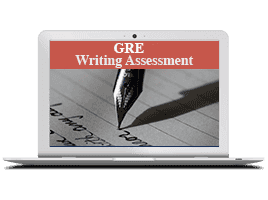
The Analytical Writing section of the GRE contains two separately timed essays, each 30 minutes in duration:
i. Analysis of an Issue
This task assesses your ability to think critically about a topic of general interest and clearly express your thoughts in writing. Each issue statement makes a claim you can discuss from various perspectives and apply to many situations or conditions.
ii. Analysis of an Argument
You are presented with a brief passage in which the author makes a case for some course of action or interpretation of events by presenting claims backed by reasons and evidence. Your task is to discuss the logical soundness of the author's case according to the specific instructions by critically examining the line of reasoning and the use of evidence.
Skills Tested include:
i. Concise, effective communication of ideas
ii. Evaluation of claims and evidence
iii. Use of logical reasoning to support ideas
iv. Standard written English










